- What is the Oreshnik missile that Russia has fired at Ukraine? Reuters
- Oreshnik ballistic missile fired in fresh strikes on Ukraine BBC
- Russia fires hypersonic Oreshnik missile near Ukraine’s EU border Dawn
- Russia-Ukraine war: List of key…
Category: 2. World
-
What is the Oreshnik missile that Russia has fired at Ukraine? – Reuters
-
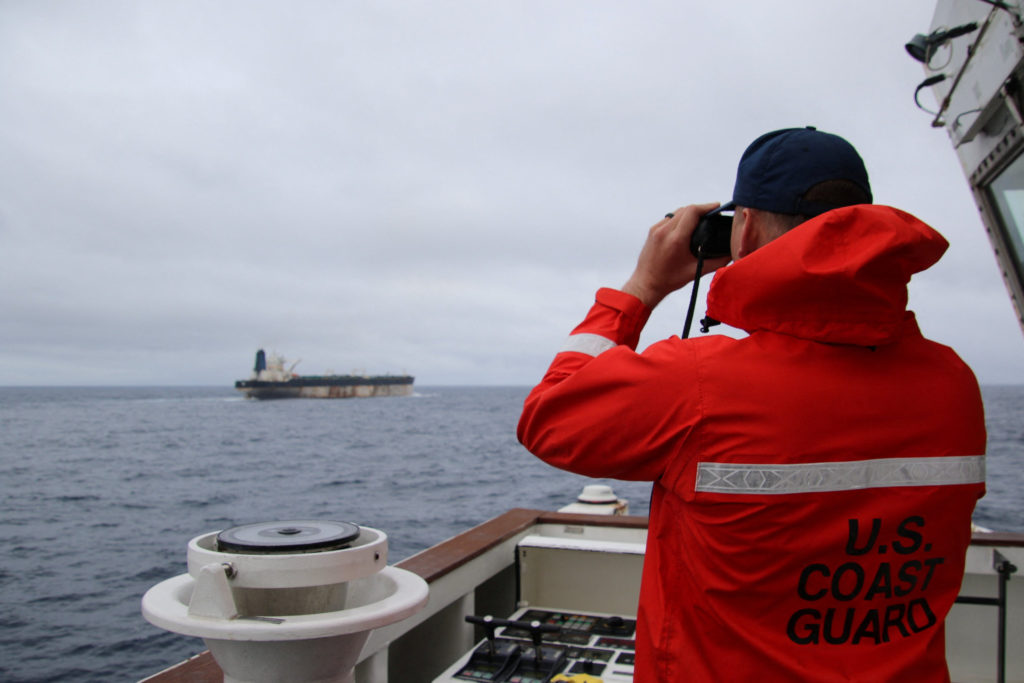
U.S. intercepts 5th sanctioned tanker as it exerts control over Venezuelan oil distribution
WASHINGTON (AP) — U.S. forces boarded another oil tanker in the Caribbean Sea, according to the U.S. military on Friday, as the Trump administration continues to target sanctioned tankers traveling to and from…
Continue Reading
-
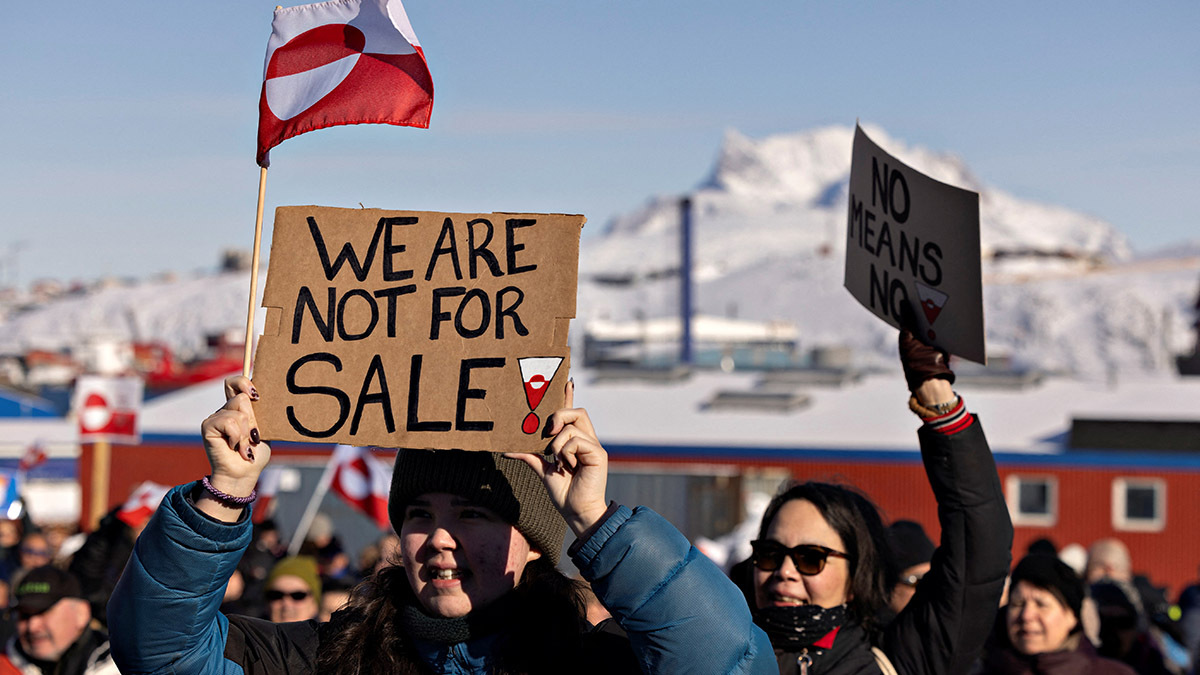
Getting Might Right | Council on Foreign Relations
Carolyn Kissane, academic director and clinical professor at the Center for Global Affairs at New York University, leads the conversation on the geopolitics of oil.FASKIANOS: Thank you. Welcome to the final session of the Winter/Spring 2023…
Continue Reading
-
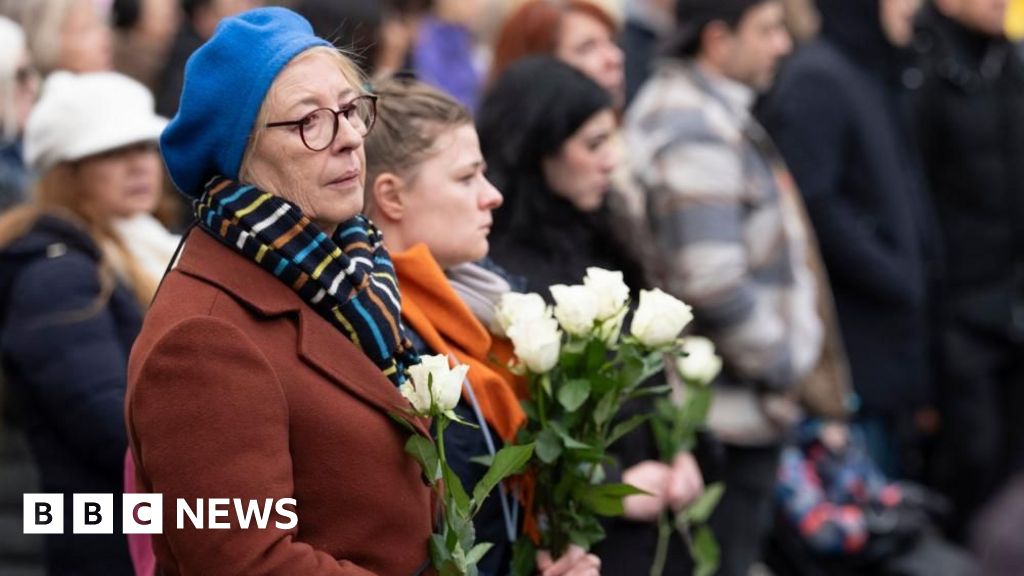
Owner of Swiss ski resort held in custody after deadly New Year’s Eve fire
One of the co-owners of the Swiss bar where 40 people died in a fire on New Year’s Eve has been detained.
Sources told Swiss media that Jacques Moretti, a French national, was a potential flight risk.
The blaze at Le Constellation bar in…
Continue Reading
-

What is the Oreshnik missile, fired by Russia into Ukraine?
Russia launched an Oreshnik missile into Ukraine overnight into Friday for the second time since the full-scale war began 2022, in a strike that Kyiv and its allies say is meant as a warning for the West.
…
Continue Reading
-
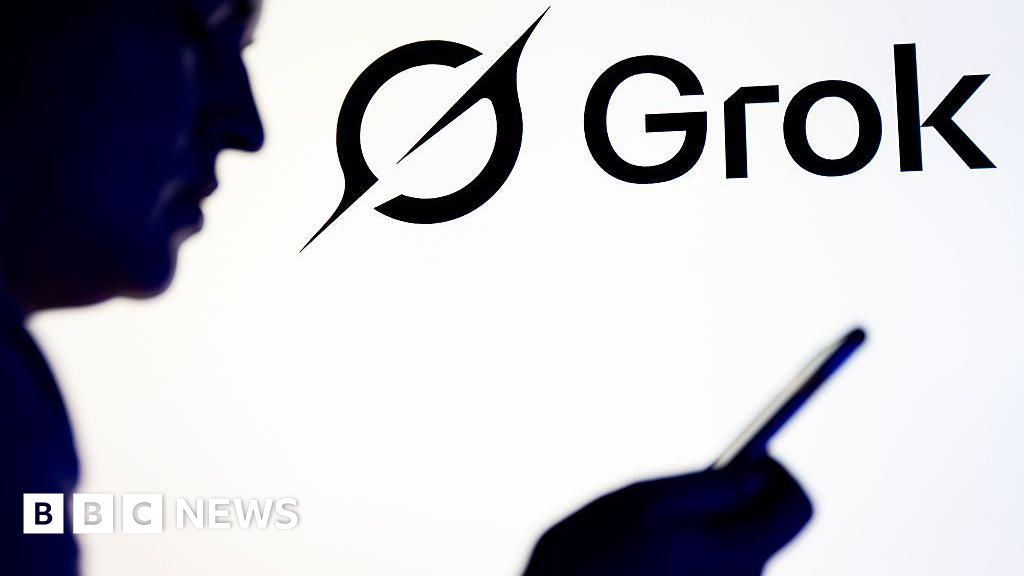
Changes to Elon Musk’s AI Grok ‘insulting’ to victims, says No 10
Liv McMahonand
Laura Cress,Technology reporters
 Getty Images
Getty ImagesThe UK government says Elon Musk’s platform X limiting Grok AI image edits to paid users is “insulting” to victims of misogyny and sexual violence.
Speaking on Friday, Downing Street said…
Continue Reading
-
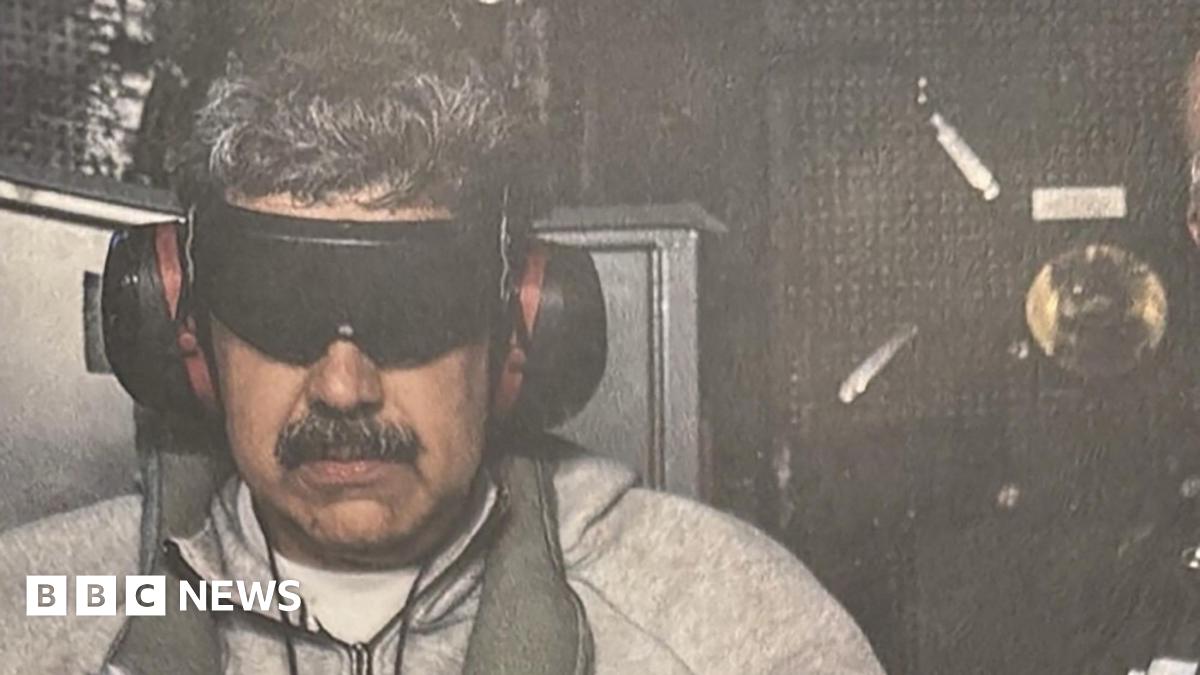
Maduro seizure: The continued mysteries surrounding the intelligence operation
Those who have planned complex operations say it is remarkable that everything went according to plan, something that does not usually happen. One helicopter was hit but was still able to fly and no US forces were killed.
There are still few…
Continue Reading
-

US military forces seize fifth tanker in effort to control Venezuelan oil | US attack on Venezuela
The US early on Friday boarded another oil tanker, the US military said, as part of efforts to target sanctions-busting vessels traveling to and from Venezuela.
US forces were seen in video footage that officials posted online landing on the…
Continue Reading
-
Murkowski and Sullivan split on Trump’s plans for further military action in Venezuela – Alaska Beacon
- Murkowski and Sullivan split on Trump’s plans for further military action in Venezuela Alaska Beacon
- US Senate advances bill to limit Trump on Venezuela Dawn
- Senate advances measure to restrict Trump’s power to use military force in Venezuela
Continue Reading
-
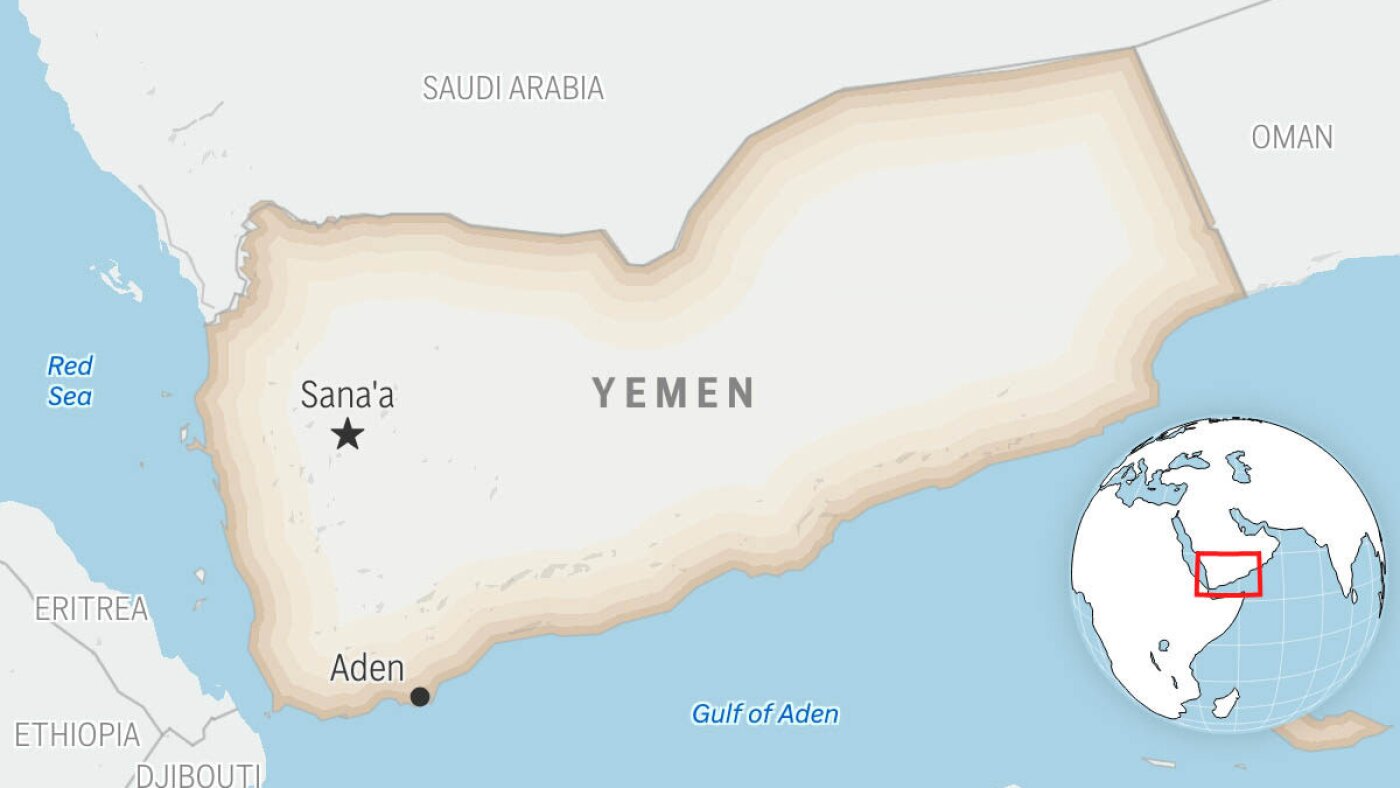
Yemen’s Southern Transitional Council to dissolve after leader fled to UAE : NPR
This is a locator map for Yemen with its capital, Sanaa.
AP
…Continue Reading